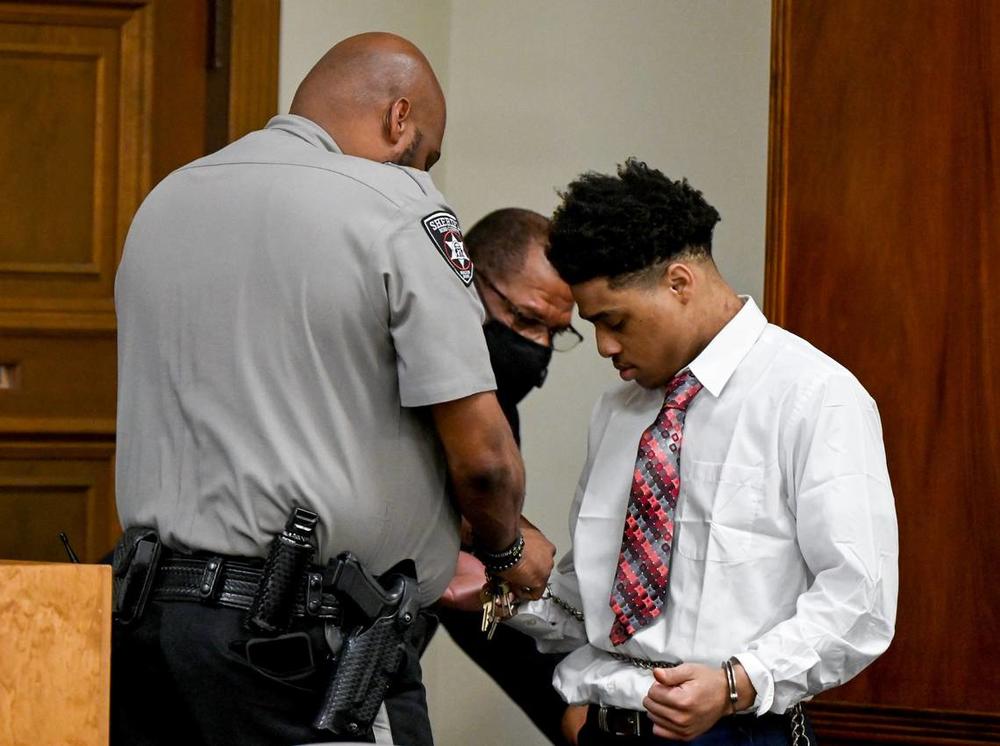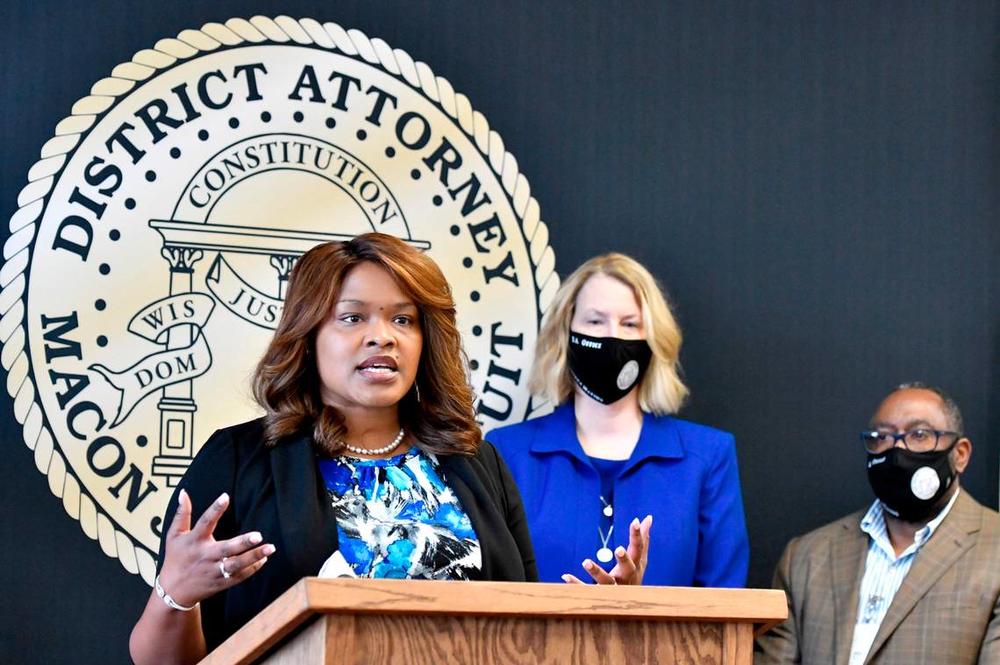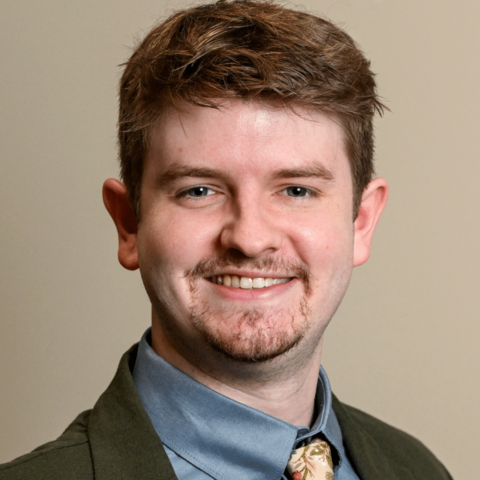
Caption
Transport restraints are removed from Jeremy Kendrick Jr. in a Bibb County Superior courtroom during his murder trial in July 2022 for holdups and killings in August 2018. It ended in a mistrial and he awaits a new trial.
Credit: Jason Vorhees / The Telegraph



